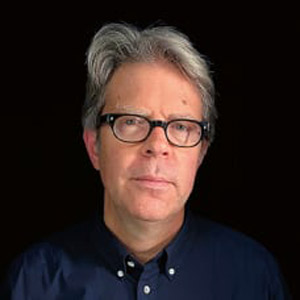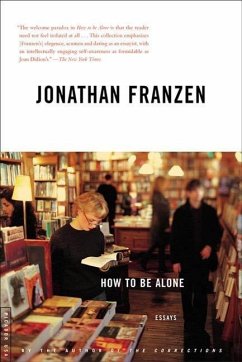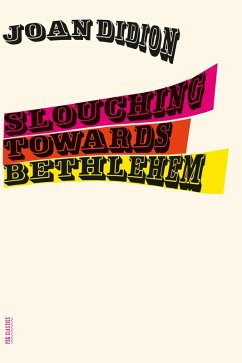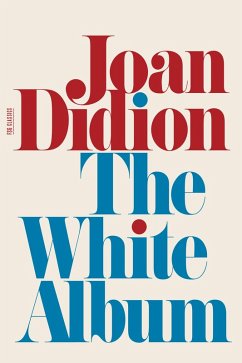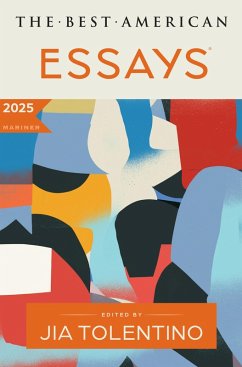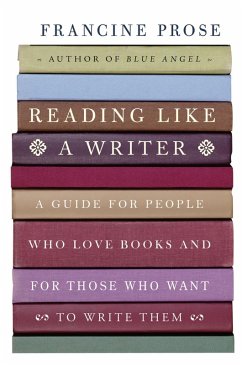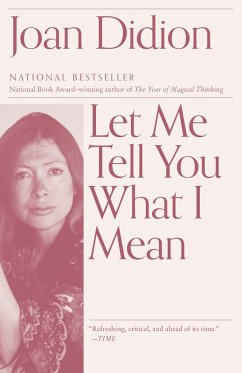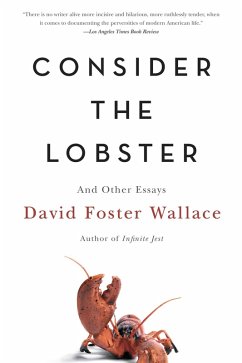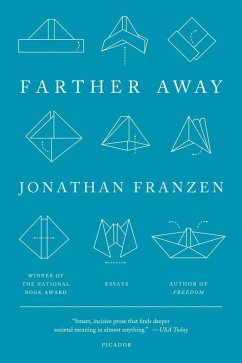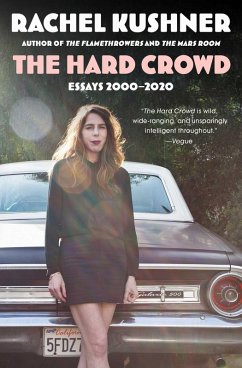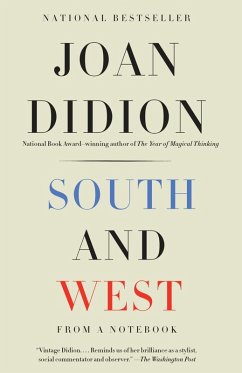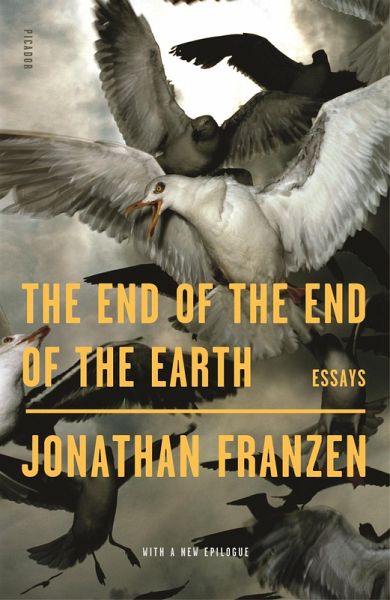
The End of the End of the Earth (eBook, ePUB)
Essays
Versandkostenfrei!
Sofort per Download lieferbar
6,99 €
inkl. MwSt.
Weitere Ausgaben:

PAYBACK Punkte
3 °P sammeln!
The award-winning author of Freedom examines topics like the future of the planet, public discourse, and himself in this provocative essay collection. The essayist, Jonathan Franzen writes, is like "a fire-fighter, whose job, while everyone else is fleeing the flames of shame, is to run straight into them." For the past twenty-five years, even as his novels have earned him worldwide acclaim, Franzen has led a second life as a risk-taking essayist. Now, at a moment when technology has inflamed tribal hatreds and the planet is beset by unnatural calamities, he is back with a new collection of es...
The award-winning author of Freedom examines topics like the future of the planet, public discourse, and himself in this provocative essay collection. The essayist, Jonathan Franzen writes, is like "a fire-fighter, whose job, while everyone else is fleeing the flames of shame, is to run straight into them." For the past twenty-five years, even as his novels have earned him worldwide acclaim, Franzen has led a second life as a risk-taking essayist. Now, at a moment when technology has inflamed tribal hatreds and the planet is beset by unnatural calamities, he is back with a new collection of essays that recall us to more humane ways of being in the world. Whatever his subject, Franzen's essays are always skeptical of received opinion, steeped in irony, and frank about his own feelings. Calm, poignant, carefully argued, full of wit, The End of the End of the Earth provides a welcome breath of hope and reason. Praise for The End of the End of the Earth "Feels carefully crafted around a central concern: 'How do we find meaning in our actions when the world seems to be coming to an end?'... Franzen proves himself up to the challenge of the essay as a form, as 'something hazarded, not definitive, not authoritative,' and of a subject so vast and important that it affects us all. Ignore the tweets, read the book." - Financial Times "The work of a writer at the top of his game-limber and lovely, delivering deep insights with delicacy and grace." - The Guardian
Dieser Download kann aus rechtlichen Gründen nur mit Rechnungsadresse in D ausgeliefert werden.




